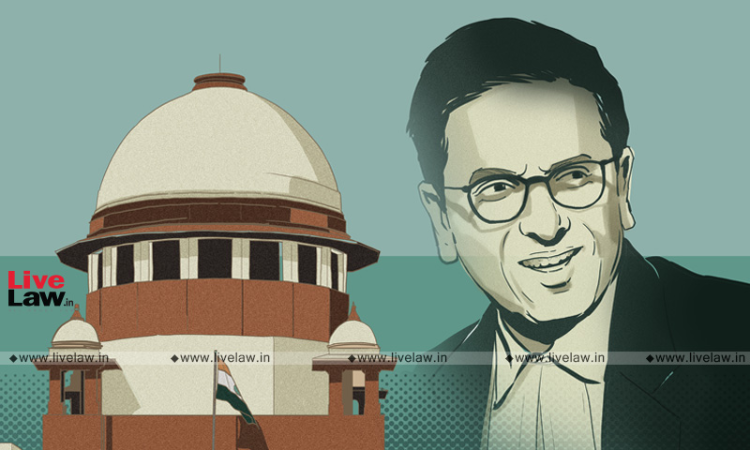Supreme Court Justice Dr. DY Chandrachud, in an address to the India-US Joint Summer Conference on Indo-US legal ties, noted that criminal law, including anti-terror legislation, should not be misused for quelling dissent or harassment to citizens. While referring to his judgment in Arnab Goswami vs. the State, he observed that,"Our courts must ensure that they continue to remain the first...

